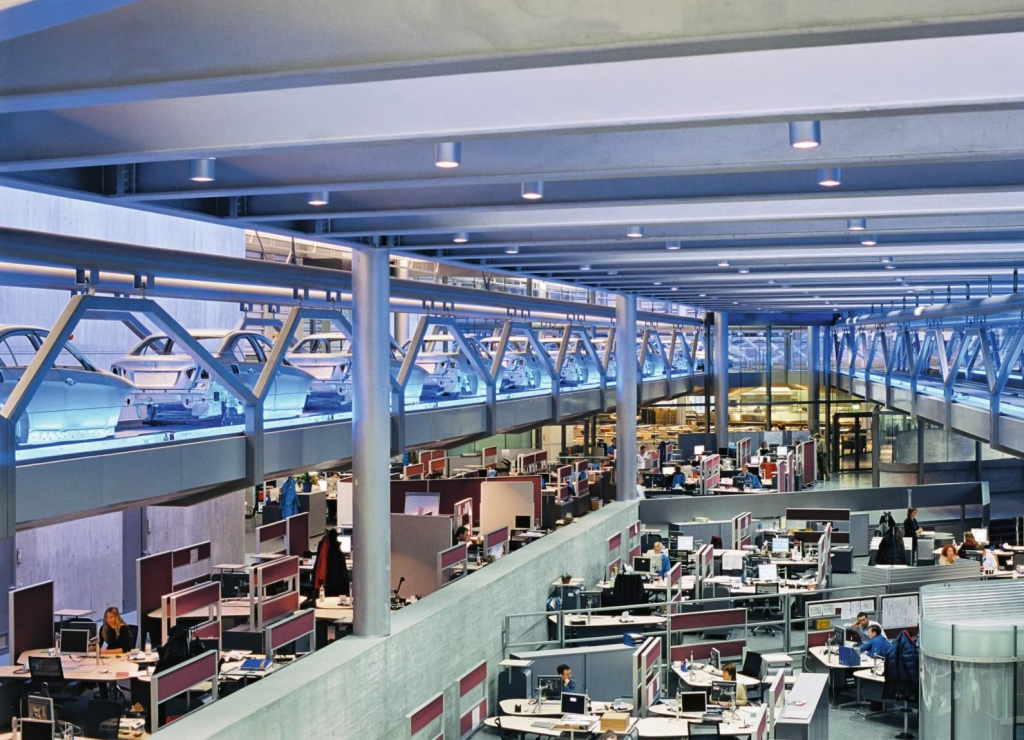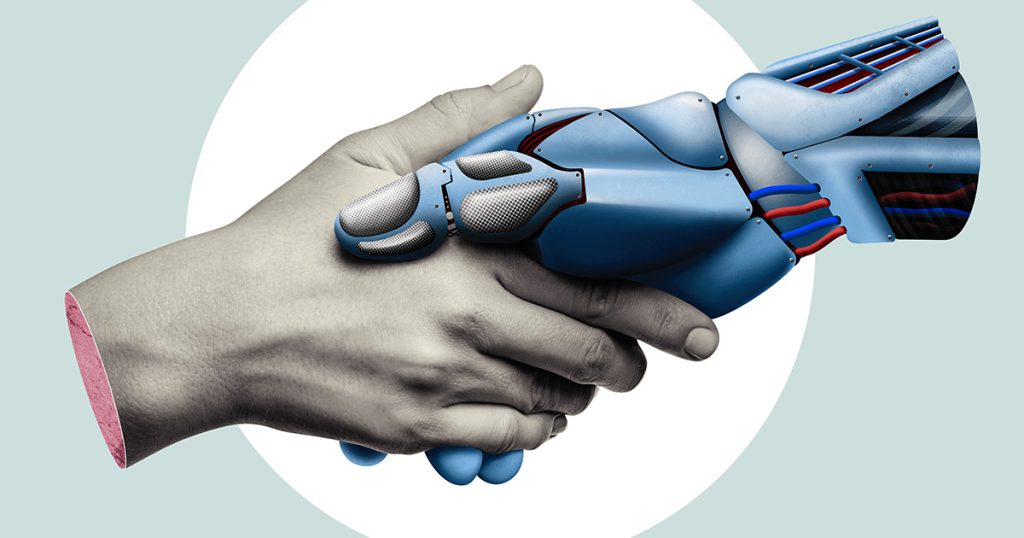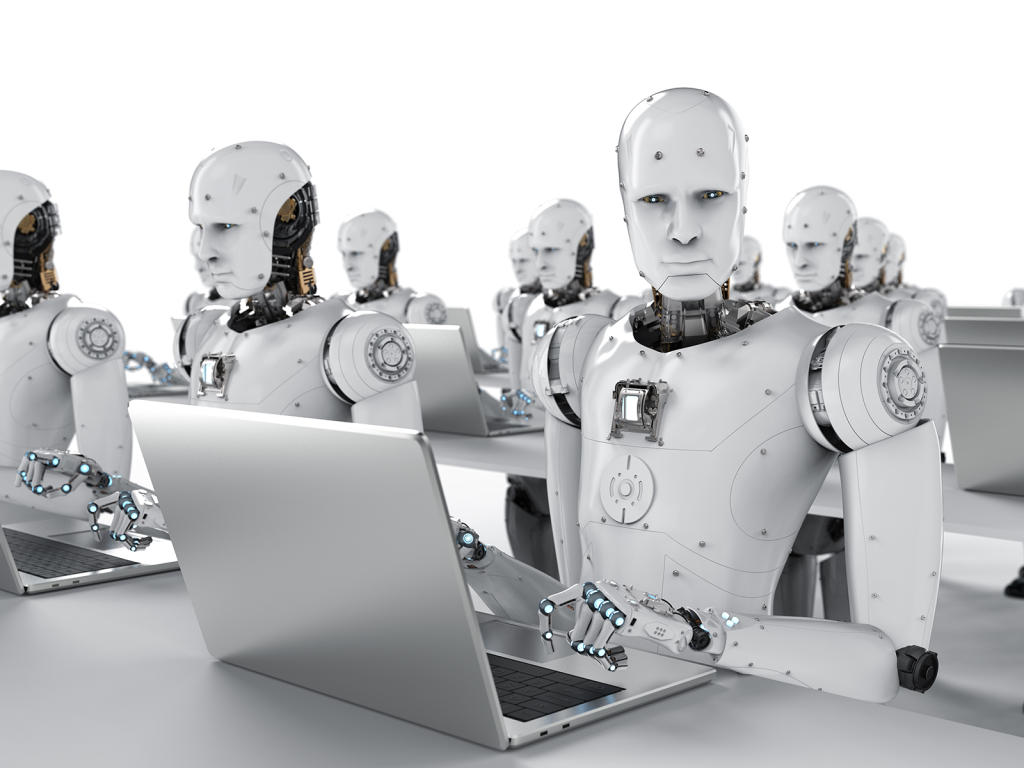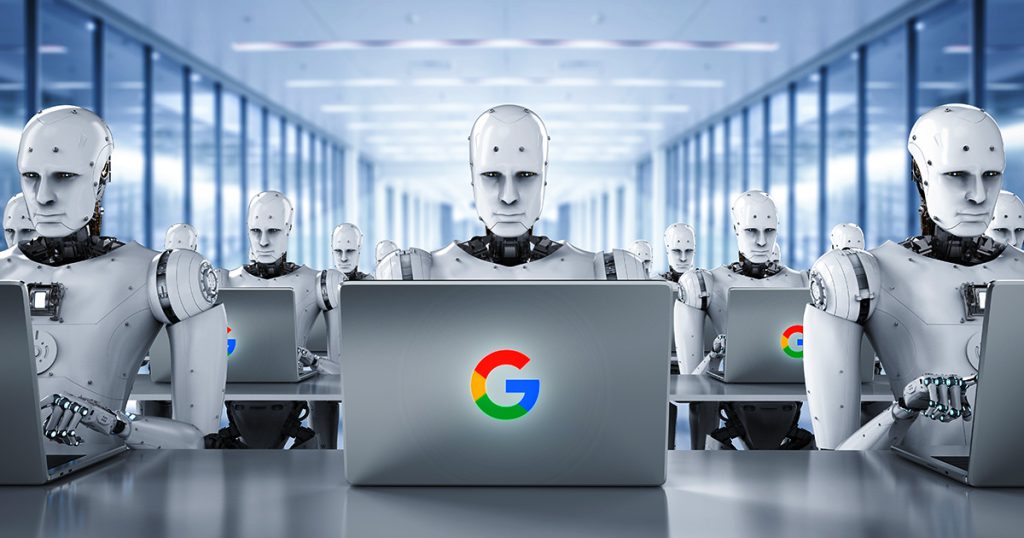Disclaimer: Opinions expressed below belong to the author.
Is artificial intelligence (AI) after your job? Are you going to be displaced by a fancy computer algorithm? Well, let’s not kid ourselves, it is going to happen to many, most likely millions of people around the world.
And it’s not been helped by the news of the latest revelation, ChatGPT, successfully passing MBA exams, law exams and now recruitment in companies like Amazon or Google.
In that last example, it successfully completed coding interview for a US$183,000 (S$243,000) per year L3 entry-level software engineering position.
And while it isn’t exactly possible for it to respond to soft-skills/teamwork part of the interview, given that the bulk of work it needs to do is in coding, it’s pretty clear that many human engineers may find themselves on the chopping block.
Is it all doom and gloom for humans, then? If even some of the best paid jobs in IT could go to digital bots, which can do their jobs 24/7, 365 days a year with no holidays and run-ins with colleagues…
Yes, and no — and for lessons, we have to look into our past.
History never repeats itself, but it does often rhyme
This quote, attributed to Mark Twain, perfectly summarises the situation we’re in now. Technological progress is nothing new, after all.
A mere 250 years ago, most people were still either employed in agriculture or forced into it to simply survive by growing their own food or produce some basic raw materials for other, relatively minor, branches of industry.
When industrial revolution began its course in English textile mills, not everybody was thrilled as the new machines were seen as a threat to livelihoods of manual labourers of the time. Protests ensued, including acts of violence by Luddites (followers of Ned Ludd, an apprentice who is said to have smashed two machines around 1780) destroying the machinery.
Their opposition was ultimately broken in early 19th century with harsh sentencing and the Frame-Breaking Act of 1812, which made destruction of stocking frames in textile mills a capital offence.

Interestingly, Lord Byron, Britain’s famed Romantic poet, opposed both the legislation and criticised working conditions of the lower classes at the time.
But, as life is not without a sense of irony, his only legitimate daughter, Ada Lovelace, went on to become one of the pioneers of very early, mechanical computing and the author of the first algorithm, designed to run on a machine designed by Charles Babbage, for which she is recognised as history’s first programmer.
Fast forward about 200 years later, we live in the best period in human history, with more people inhabiting the planet than ever, enjoying living standards unmatched by anything experienced by our ancestors — all of which is entirely thanks to various machines, multiplying the value we can create at work.
Only a tiny percentage (between one and five per cent in developed nations) of people still work in agriculture, but it’s more than enough to feed us all. Meanwhile, 70 to 80 per cent get paid for various — usually not back-breaking — services.
Since track record of mechanisation and automation is so obviously good, do we really have any reasons to fear various forms of AI?
Survival of the fittest
Economic growth is driven by competition, and winners are those who can deliver the most value for the cost and time invested.
Anything that improves efficiency ultimately replaces the old ways of doing things.
Of course, the fears and pains of Luddites were not unfounded. After all, when their jobs become obsolete, those who had failed to prepare for the change are often left stranded, with few perspectives not only to improve, but even maintain their lifestyles and livelihoods.
But should humanity allow itself to be dragged down by the laggards? Especially since the flip side of change is that those not afraid of adjusting to it end up being better off than before.

Fewer people are needed to work in the fields or factories today, but each of them makes more money and enjoys better working and living standards. That said, their competences have also had to improve to match the new demands of managing the machine park rather than just two donkeys and a plough.
We can expect the same in IT.
Yes, ChatGPT and other, even more advanced, AI-powered tools are going to be able to replace thousands of entry-level programmers. But those programmers will either level-up to a growing number of senior roles required or leave to start their own companies, leveraging the same technologies for their own benefit.
Because, ultimately, any machine is only a servant of a human. It produces things we need and helps us reach the goals we set. This will increase the output of the entire industry manifold.
Let’s not forget just how huge the global shortage of talent is. In Singapore alone, 84 per cent of companies admit it’s difficult for them to employ the right people, and IT staff are among the most sought after.
So, the first frontier for AI might be increasing productivity of existing workers, filling those gaps in employment.

And engineers qualified to deploy such a solution, for any business, will obviously be paid higher than regular coders would be, because it’s still a worthy investment for the company. Paying someone even double what they’re paid now to increase the output by five or 10 times, is a no-brainer.
Instead of managing junior staff, humans will be managing bots producing code requested of them.
Of course, the caveat is that those humans have to themselves be capable, qualified and creative enough.
Brains are still our primary advantage over machines. Every person lacking intellectual creativity will have a hard time in the workplace of the future, because robots and computers make superior order-followers.
They’re the ultimate foot soldiers — they do what they’re told, never get tired, don’t need time off and can work 24/7/365. No human can compete with that.

But just as we’ve learned to use combines, machine tools, manufacturing robots and computers, we’re going to have to learn to make the most of these new intelligent machines which, in turn, will generate more wealth for us to partake in.
So, don’t be afraid of that bot that’s about to replace the quarter-of-a-million-per-year job. Instead, make sure you’re good enough to take that half-a-million one which will soon require working with it.
Featured Image Credit: phonlamai / depositphotos
Also Read: Why AI might end up destroying much of the internet and send us 150 years back in time










